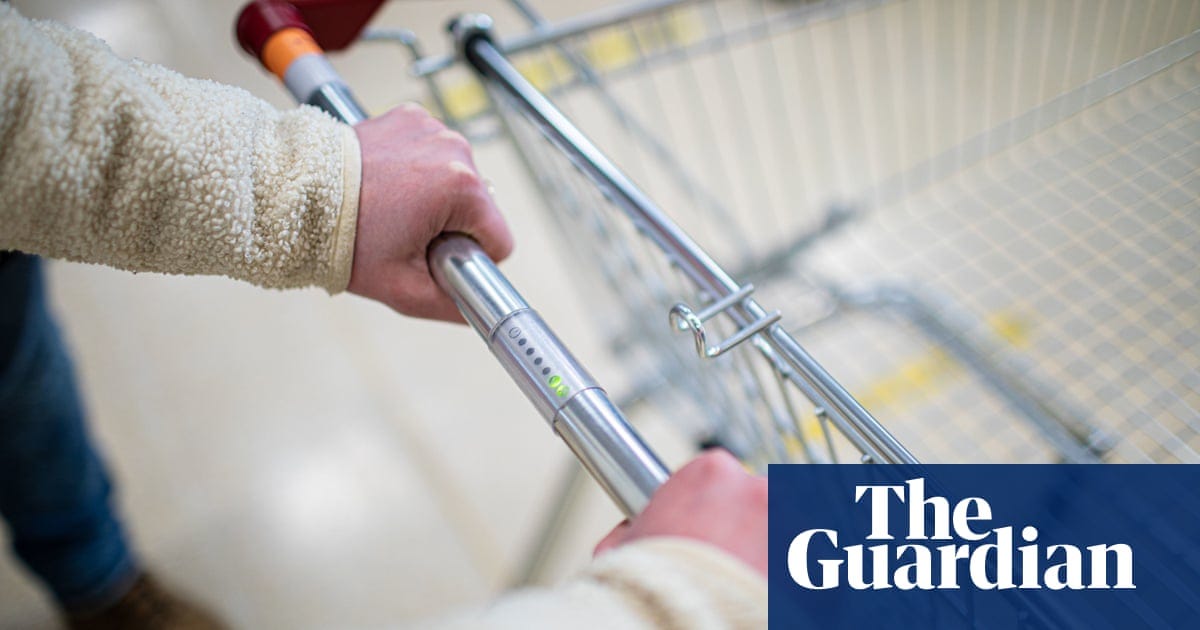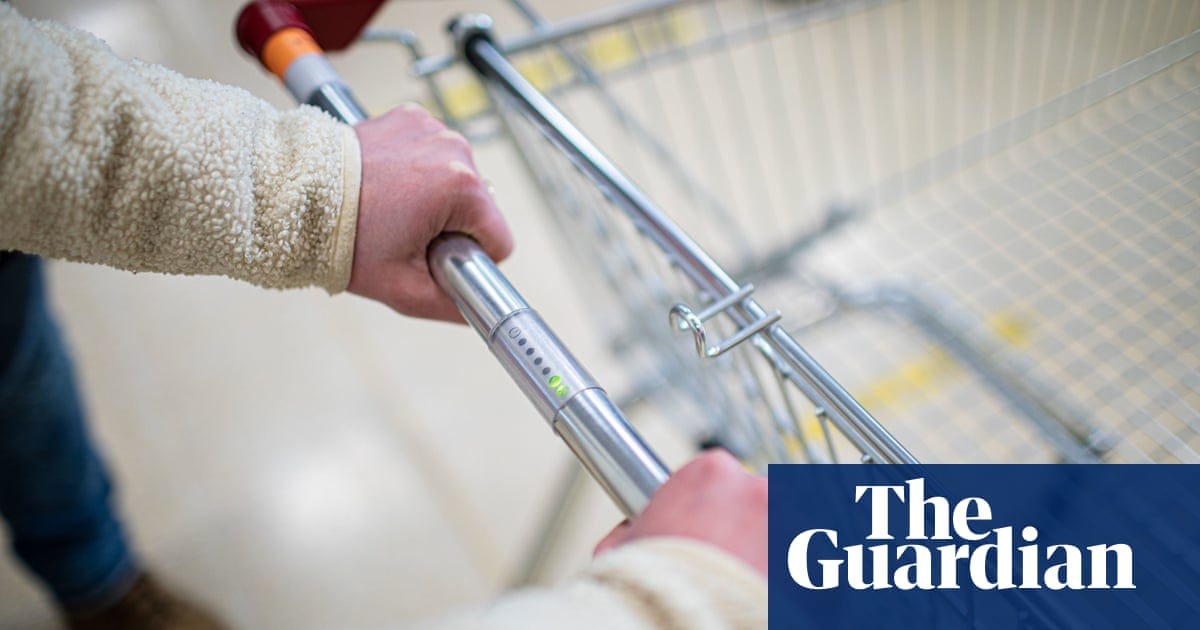HSI — Health Strategy Institute
multidisciplinary institute of continuous transformation for
in-person health and digital health strategy
Joaquim Cardoso MSc
Chief Research and Editor — of the Health Strategy Portal;
Chief Strategy Officer (CSO) — of the Health Strategy Institute (HSI),
Senior Advisor — for Boards and C-Level
June 25, 2023
One in 45 people in the UK are living with atrial fibrillation (AF), which causes an abnormal heart rhythm and can increase the risk of stroke
Supermarket trolleys with sensors in their handles could be used to identify people at risk of stroke.
- A study conducted at four Sainsbury’s supermarkets involved 2,155 adults.
- Participants held the trolley handle for at least 60 seconds, and sensors detected abnormal heart rhythms.
Of the 220 participants analyzed, 59 (27% — almost 1 out of 3) were diagnosed with atrial fibrillation (AF), with 39 unaware of their condition (66 % — 2 out of 3)
The approach helped improve accessibility to health screening and identify healthcare problems.
The accuracy of the method needs improvement, as 20% of the ECGs were unclear, and false positives were common.
- There are uncertainties regarding population screening for AF, as it may lead to unnecessary treatment for some individuals.
The supermarket trolley approach is innovative but may result in overdiagnosis and burden the healthcare system.
- Further assessment by medical professionals is necessary for those flagged by the system.
- This approach could potentially prevent strokes by identifying undiagnosed cases of AF.
DEEP DIVE

Supermarket trolley sensors could help to identify risk of stroke, say scientists
Study with 2,155 participants at Sainsbury’s stores leads to atrial fibrillation diagnosis for 39 people unaware they had condition
to identify risk of stroke, say scientists
The Guardian
Nicola Davis Science corespondent
Fri 23 Jun 2023
Supermarket trolleys may be known for their wonky wheels and rusty frames, but researchers say the carts could be used to save lives by helping to identify people at risk of stroke through sensors in their handles.
According to the British Heart Foundation, one in 45 people in the UK are living with atrial fibrillation (AF), which causes an abnormal heart rhythm and can increase the risk of stroke. While people may be unaware they have the condition, early detection and diagnosis is important as treatments are available.
Now researchers have come up with an inventive approach to identifying those at risk: installing electrocardiogram (ECG) sensors in the handles of supermarket trolleys to screen adults for abnormal heart rhythms as they shop.
The trial, carried out at four Sainsbury’s supermarkets over three months, involved 2,155 adults.
Participants were instructed to hold the trolley handle for at least 60 seconds. If the sensors picked up signs of AF, a red cross flashed up on the trolley’s handle, while a green tick showed if no signs were detected. In a further screening measure, all participants were given a pulse check.
The results, presented on Friday at Acnap 2023, a scientific congress of the European Society of Cardiology, revealed that when ECG data for 220 participants who consented to have their data analysed and were flagged as potentially having AF were considered by a cardiologist, 59 participants were diagnosed as having the condition — 39 of whom were previously unaware they were affected, and were subsequently contacted to arrange a cardiology appointment.
Prof Ian Jones of Liverpool John Moores University, an author of the study, challenged the idea that some communities were hard to reach.
“
My response is they’re not hard to reach; we’re just difficult to access,” he said. “By adopting this kind of approach [to health screening], we’ve become more accessible, and therefore we’re much more likely to identify healthcare problems.”
However, the team said further work was needed to improve the accuracy of the approach, noting that 20% of the 220 ECGs were unclear, typically because hand movements complicated readings. In addition, while the method correctly identified between 70% and 93% of the time those with AF, it was less accurate at spotting those without the condition: overall, the team estimated that only a quarter to a half of those flagged as having AF actually had the condition when reviewed.
Prof Jonathan Mant, the head of the cardiovascular research group at the University of Cambridge and who was not involved in the work, said there was no population screening for AF in the UK as there were uncertainties as to whether doing so would be beneficial. That is because there is a potential for screening to identify people with occasional episodes of unusual heart rhythm for whom medication may do more harm than good.
While Mant described the supermarket trolley approach as innovative, he said the number of unclear ECGs was quite high, and there was a risk that shoppers with very occasional heart-rhythm irregularities that may not require treatment could be diagnosed with AF as a result of the frequency with which they used the trolleys.
He also noted that those flagged by the sensors as having AF would need timely attention by a medical professional to check the diagnosis, possibly putting an extra burden on the health service.
Robert Storey, a professor of cardiology at the University of Sheffield, stressed the need for further assessment of those flagged by the system, but welcomed the research, noting while there had been a lot of interest in wearable devices to detect AF, many people did not have access to such gadgets.
“Consequently, the idea of allowing people to monitor their heart rhythm using a shop trolley seems an excellent idea that is worth exploring,” he said. “The results of this study show an impressive number of people having AF picked up for the first time and this could potentially prevent some of these people having a stroke.”
Originally published at https://www.theguardian.com on June 23, 2023.
Names mentioned
- Prof Ian Jones of Liverpool John Moores University was an author of the study and
- Prof Jonathan Mant, head of the cardiovascular research group at the University of Cambridge,
- Prof Robert Storey, a professor of cardiology at the University of Sheffield, shared his thoughts on the study.








